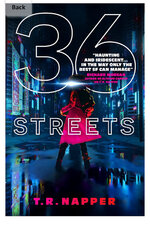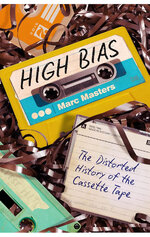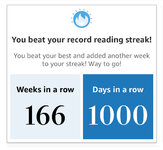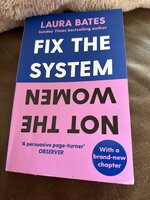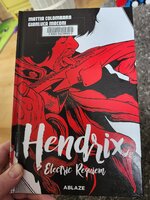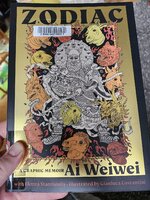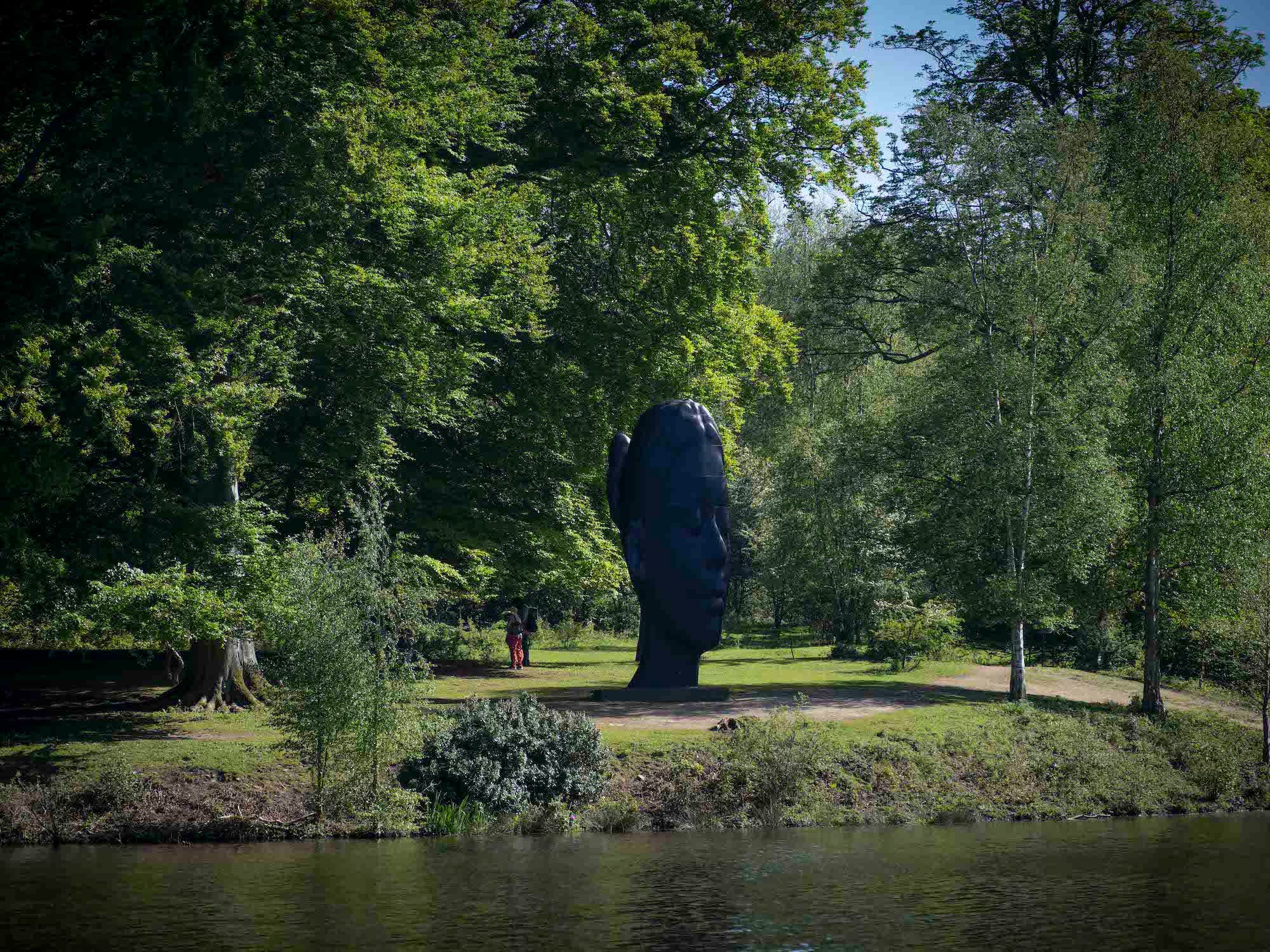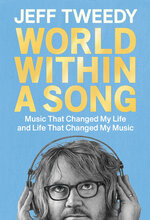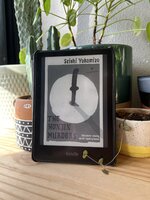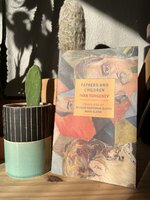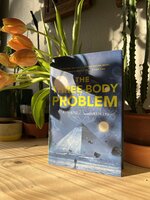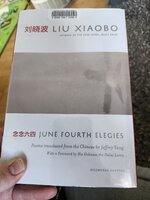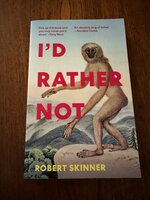Book 3: The Honjin Murders, by Seishi Yokomizo
View attachment 195847
Book club read right here; we voted on this one out of a selection of three early-to-mid-century detective novels. This one's the first of a series revolving around a rumpled amateur detective named Kosuke Kindaichi, who went on to appear in mover 70 more novels. I've only read a couple Japanese novels, but it seems like the tone here is in line with those: the prose is very direct, and as a result, the story is a very straight-forward description of the murder scene, the detective arriving and (very) briefly reviewing the details we've been given, then outlining exactly what happened. At one point the author includes a map of the scene, then politely reminds the reader to refer to it during crucial segments. I'm a bit skeptical of the physics, but this was an enjoyable enough read.
Book 4: Fathers and Children, by Ivan Turgenev
View attachment 195848
Holy effing ess. I'm late to the game on Russian lit (my big introduction came with Saunders' Swim in a Pond in the Rain a couple years back) but so far these 19th century mfers are batting 100 (1000?) with me. I'm struggling a bit to capture what I enjoyed so much about this book as I get further from it, but there's a real clarity of place and character with which I'm really vibing. Turgenev picks his characters apart with such tenacity; as a middle-aged(ish) person seeing the push-pull between my generation and those ahead and behind me, a lot of the self-manufactured conflict between the younger and older characters hits home. Great stuff.
Book 5: Three-Body Problem, by Cixin Liu
View attachment 195849
This one's a reread in anticipation of the Netflix series coming at the end of next month; it'd been 8 years since I first read it and I wanted to brush up. I'm concerned that Benioff and Weiss are trying to add a lot of badass action and tense drama to a deeply geeky book. This book gets a lot of deserved flak for being dry and containing a lot of paper-thin characters, but there's an emotional spine to this book and series which deserves more love. It's definitely tripping over itself to get into the scientific weeds (the sophon-folding sequence near the end of the book is a tough hang and I didn't even try to pay full attention to it this time around), but larger questions of humanity, love, and existentialism hover over the proceedings, especially in the next two books. I'll probably tackle those this summer and fall, respectively.
